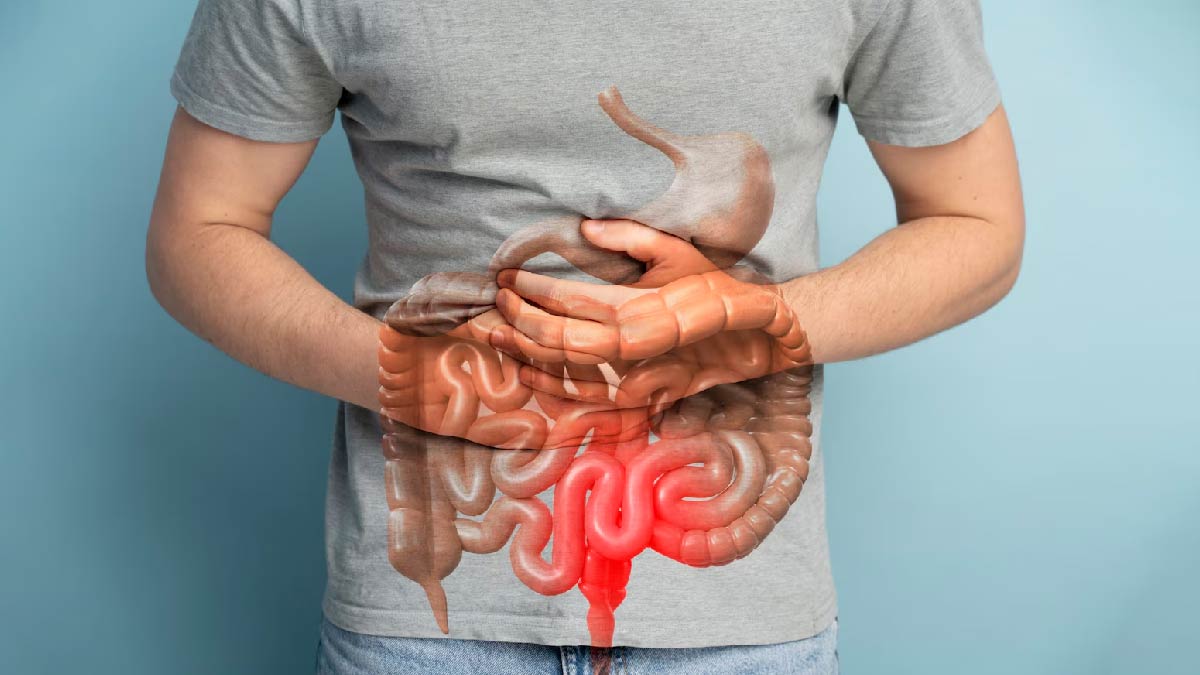
Colon cancer, once considered predominantly a disease of older adults, is increasingly affecting younger individuals. This concerning trend underscores the importance of understanding the causes behind it and recognising the symptoms, particularly in those under the age of 50.
Table of Content:-
We spoke to our expert Dr Vivek Mangla, Senior Director - Gastrointestinal and Hepatopancreatobiliary (GI & HPB) Surgical Oncology, Max Super Speciality Hospital - Patparganj to shed some light on the common causes and symptoms of colon cancer in young adults. Here is what he shared with us.
Contributing Factors to Colon Cancer Among Young Adults
1. Lifestyle Choices
Poor dietary habits, such as consuming processed foods and red meats while lacking in fibre intake, have been linked to an increased risk of colon cancer. Additionally, a sedentary lifestyle and being overweight or obese can lead to inflammation in the colon and alterations in gut health, creating an environment conducive to cancer development.

2. Genetic Predisposition
Individuals with a family history of colon cancer or specific inherited genetic conditions, such as Lynch syndrome or familial adenomatous polyposis (FAP), are at a heightened risk. Furthermore, individuals with ulcerative colitis require regular surveillance due to their increased susceptibility to colon cancer.
Also Read: Transitioning from Winter to Summer: 6 Tips for a Smooth Skin Care Routine Switch
3. Recognising Symptoms of Colon Cancer in Young Adults
Changes in Bowel Habits: Symptoms may include diarrhoea or constipation.
Presence of Blood in Stools: This is a concerning symptom that should prompt immediate medical attention.
Abdominal Pain or Cramps: Persistent discomfort in the abdominal area may be indicative of colon cancer.

Unexplained Weight Loss: Significant weight loss without apparent cause warrants investigation.
Fatigue: Persistent fatigue that does not improve with rest may be a symptom of colon cancer.
Feeling of Incomplete Bowel Emptying: This sensation after using the restroom may indicate an underlying issue.
Also Read: Do You Feel Bloated After Eating Raw Salads? Here Are 7 Reasons Why This Happens
4. Importance of Early Detection and Screening
According to Dr Mangla, "Routine evaluations, including colonoscopies, are recommended for younger individuals experiencing symptoms or those at increased risk due to family history or other factors."
"Early detection significantly improves treatment outcomes, reduces the duration and cost of treatment, and facilitates a quicker return to normal activities," he added.
A Final Word
"The rising incidence of colon cancer among young adults highlights the importance of adopting healthy lifestyle practices and undergoing regular screenings. By addressing modifiable risk factors and promptly addressing symptoms, individuals can take proactive steps toward preserving their health and well-being. Early detection remains key in the fight against colon cancer, empowering individuals to seek timely treatment and improve their chances of a successful outcome," Dr Mangla concluded.
Also watch this video
How we keep this article up to date:
We work with experts and keep a close eye on the latest in health and wellness. Whenever there is a new research or helpful information, we update our articles with accurate and useful advice.
Current Version